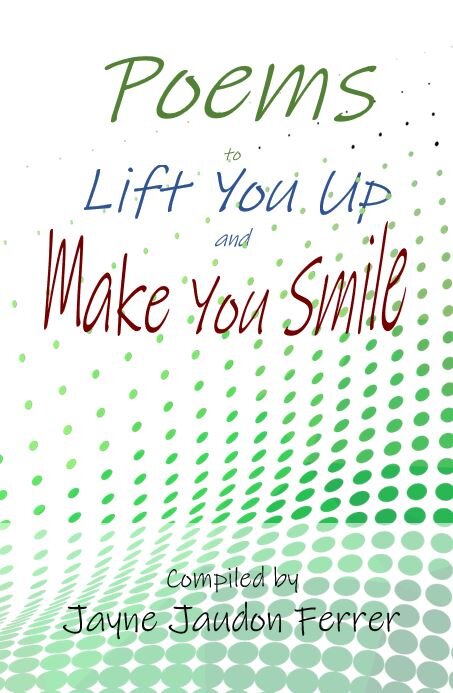| |
|
A load of brushes and baskets and cradles and chairs
Labours along the street in the rain:
With it a man, a woman, a pony with whiteybrown hairs. —
The man foots in front of the horse with a shambling sway
At a slower tread than a funeral train,
While to a dirge-like tune he chants his wares,
Swinging a Turk’s-head brush (in a drum-major’s way
When the bandsmen march and play).
A yard from the back of the man is the whiteybrown pony’s nose:
He mirrors his master in every item of pace and pose:
He stops when the man stops, without being told,
And seems to be eased by a pause; too plainly he’s old,
Indeed, not strength enough shows
To steer the disjointed waggon straight,
Which wriggles left and right in a rambling line,
Deflected thus by its own warp and weight,
And pushing the pony with it in each incline.
The woman walks on the pavement verge,
Parallel to the man:
She wears an apron white and wide in span,
And carries a like Turk’s-head, but more in nursing-wise:
Now and then she joins in his dirge,
But as if her thoughts were on distant things,
The rain clams her apron till it clings. —
So, step by step, they move with their merchandize,
And nobody buys.
This poem is in the public domain.
|
.jpg)
Thomas Hardy (1840 - 1928) was an English writer who always considered himself a poet, although during his lifetime, his notoriety came from his novels. Even today, his novels (Tess of the d’Urbervilles, Far from the Madding Crowd, and Jude the Obscure, for example) are far better known than his poems. Thomas trained and worked as an architect before turning to writing; his attention to detail and his love of the natural world are obvious in his works’ lush descriptions of England’s country settings. Thomas left behind a huge and fascinating body of work, including poetry collections, novels, short stories, and plays.
|
|
apersephone:
I very much enjoyed this poem and have been thinking about it quite a lot. I especially like the juxtaposition of the animate and inanimate being josteled along.
Posted 09/07/2011 05:58 AM
|
ghctenmile@earthlink.net:
I'm pleased to see Thomas Hardy's poem here today. If not in poetry and art, where else will we see ourselves and our problems held up to careful view? Thanks. ghctenmile@earthlink.net
Posted 08/20/2011 02:44 PM
|
Mary Lou Taylor:
Thomas Hardy's poems always dance, even in as sad a poem as this. The introduction made the difference for me, lifted me up, because of the idea that there will be a tomorrow, and someone then may buy.
Posted 08/20/2011 01:05 PM
|
dotief@comcast.net:
I agree. The rhythm seems to mimic the pace of the people, pony, and cart. Form follows function, no?
Posted 08/20/2011 09:41 AM
|
MLove:
I love this poem. I love the way it starts with the load in control - which is also seen at the end of the second stanza. Not a happy poem, but so vividly clear and gently rhyming.
Posted 08/20/2011 07:09 AM
|
|
|
|




.jpg)